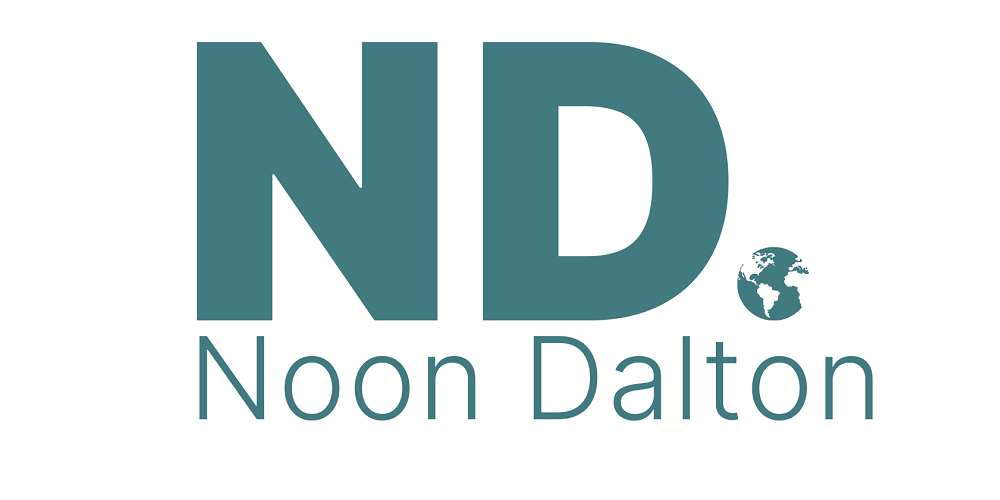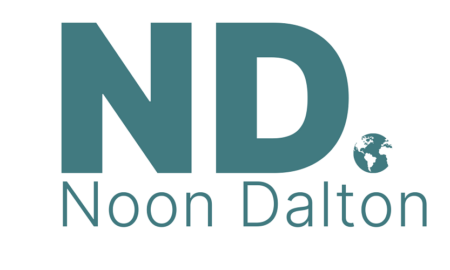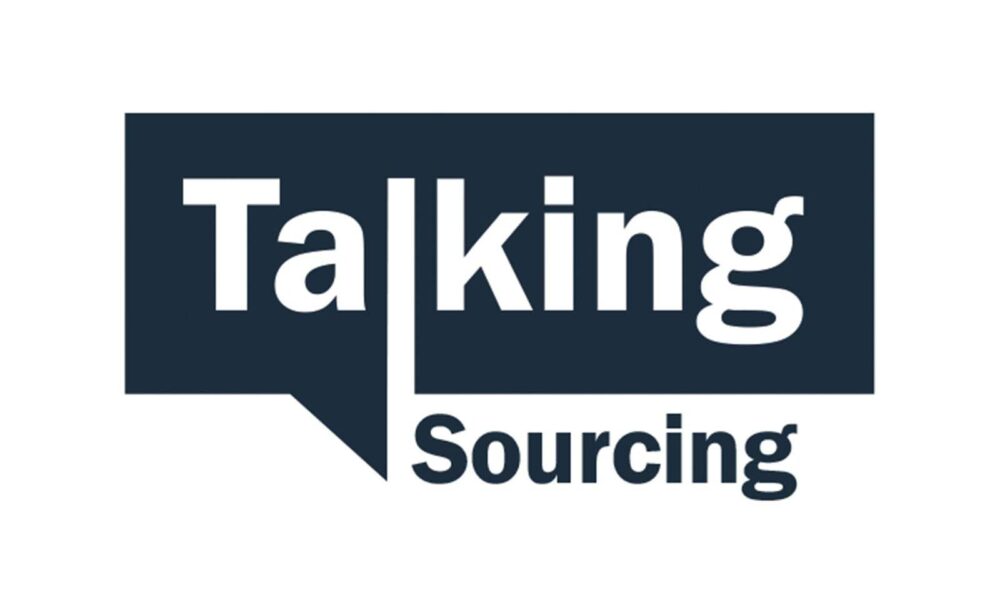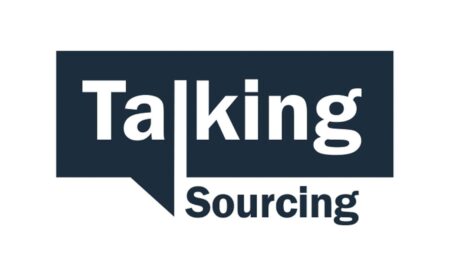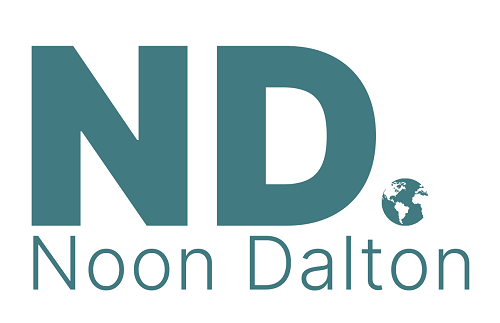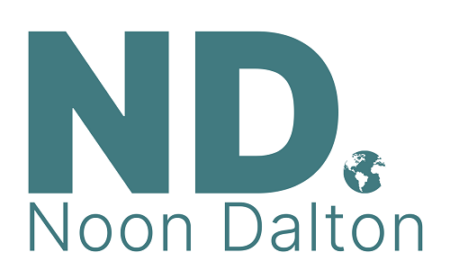In their efforts to improve customer interactions, CX leaders are challenged to optimize processes, improve cyber security / data protection, and empower agents through accessible, verifiable data. An increasing number are turning to blockchain solutions to ease these burdens. This trend was reflected in the recently-published 2022 edition of the CX Blockchain Market Intelligence Report from The CX Blockchain Institute.
Produced in partnership with Genesis and GBS World, the report covers the use of blockchain in business process outsourcers industry-wide and enterprise contact centers across four key verticals, which include banking/financial services/insurance (BFSI), healthcare, retail, and telecom.
It compares the survey results to the Institute’s 2019 edition, highlighting key differences and top concerns. What is most significant is that this year CX industry leaders cite a better understanding of blockchain technology as a primary catalyst, moving them from discovery to implementation.
As a disruptor in the contact center, blockchain can offer advantages over other methods of recording and tracking transactions, assets, and data. Blockchain is a distributed database, and as new sets of recordings, or “blocks,” are added, they are linked together to form a chain, and are immediately updated on all the computers in the blockchain peer-to-peer network. Each block contains a timestamp and a link to the previous block for a chain with no central point of failure. Once validated, data is permanently recorded to the distributed network and the chains of blocks cannot be altered in any way since the information exists simultaneously in multiple places. This creates an immutable ledger that enables secure, transparent transactions.
This opens up new possibilities for improving customer engagement and insights. Tracking customer interactions on a shared ledger provides businesses a more holistic view of the customer journey in real time, thereby enabling better identification of end-user pain points and improved responsiveness to consumer needs. It also enables instantaneous access to customer data and insights that can reduce call handling times, improve the relevance of each interaction, and increase first contact resolution. This results in improved end-user satisfaction.
The potential of this technology has not been lost on CX stakeholders. For respondents from the contact center and BPO community that participated in the CX Blockchain Market Intelligence Report, 22% said that blockchain could empower their agents; 12% stated it would enable faster, more relevant interactions; and 5% indicated that were it to be applied, it should increase first contact resolution.
From an efficiency perspective, smart contracts (which are programs stored on a blockchain that run when predetermined conditions are met), can be used to automatically route customers to the appropriate agent based on customer history and preferences. This automates transactional tasks to save agents for higher-value, more complex interactions, and reduces the overhead of administrative processes. Thirty-one percent of contact center respondents in the CX Blockchain Market Intelligence Report indicated that they would like to deploy blockchain for consistent omnichannel delivery in the next 12 months.
With regard to information security, blockchain is also seen as a fresh solution to help prevent fraud. This comes at a time in which cyber breaches are now a fact of life, affecting the customers of many popular brands. When applied in the CX environment, blockchain improves cyber security, thereby mitigating the risk of data breaches through its decentralized database model. It also helps solve the compliance challenges of handling personally identifiable information (PII). According to these survey results, forty-eight percent of BPO respondents see blockchain as a way to improve data security for their customers.
It is becoming clear to more in the CX community that blockchain has the power to transform the relationship between enterprises and their customers. And, as a new generation of consumers changes how businesses create and offer value, this technology holds the promise of improved CX to attract and retain end-users in highly competitive, digitized environments. Executives from the captive and outsourced customer management communities need to take note.




